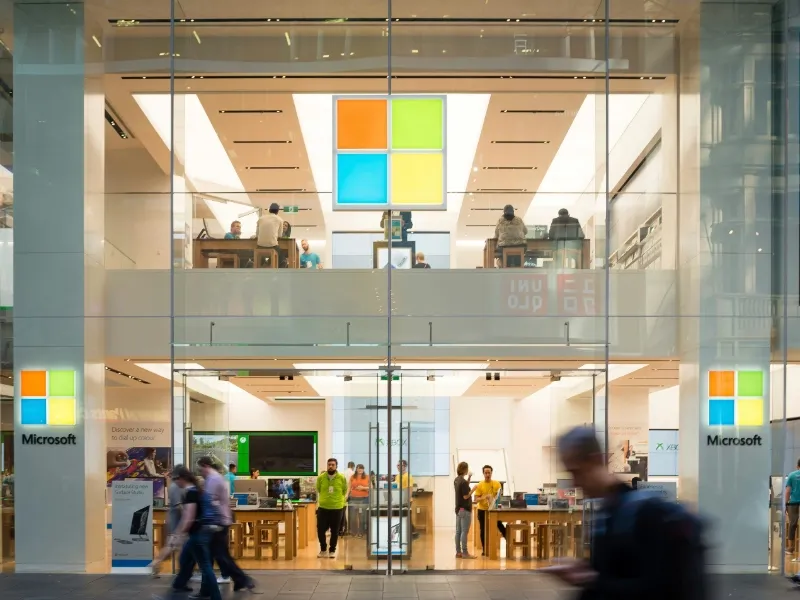- Bing is a search engine developed by Microsoft, designed to help users find and access information on the internet. It is not a web browser but rather a tool used within web browsers to provide search results.
- With its array of features and deep integration with Microsoft’s ecosystem, Bing stands out as a powerful and valuable search engine in the digital world.
- Understanding the distinction between Bing and web browsers is crucial for leveraging its full potential and enhancing your online experience.
In the vast landscape of the internet, where users rely heavily on digital tools to find and access information, the distinction between a search engine and a web browser often becomes blurred. One common point of confusion is Bing. To clarify, Bing is a search engine, not a browser. This blog will delve into what Bing is, how it differs from a web browser, and its significance in the digital world.
What is Bing?
Bing is a web search engine developed and operated by Microsoft. Launched on June 3, 2009, Bing was designed to replace Microsoft’s previous search engines, including MSN Search, Windows Live Search, and Live Search. As a search engine, Bing’s primary function is to help users find information on the internet. It does this by indexing web pages and providing relevant search results based on user queries.
Also read: Microsoft Edge’s new feature: Bing AI helps you rewrite text
Bing vs. web browsers
To understand Bing better, it’s essential to distinguish between a search engine and a web browser. While Bing is a search engine, web browsers are software applications used to access and navigate the internet. Examples of web browsers include Google Chrome, Mozilla Firefox, Microsoft Edge and Safari.
Also read: Bing Chat Chrome Extension
The primary function of a web browser is to render web pages and allow users to navigate from one site to another. Browsers can incorporate various search engines, allowing users to choose their preferred engine for searching the web. For instance, while using Chrome, users can set Google, Bing, or any other search engine as their default search tool.
Bing’s integration with Microsoft products
One of Bing’s significant advantages is its seamless integration with Microsoft’s suite of products. For example:
Microsoft Edge: Bing is the default search engine for Microsoft Edge, enhancing the browser’s functionality with Bing’s search capabilities.
Windows operating system: Bing is integrated into Windows OS, particularly Windows 10 and 11. Features like Cortana, Microsoft’s digital assistant, use Bing to provide search results and information.
Office suite: Bing’s capabilities are incorporated into Microsoft Office products. For instance, the “Researcher” feature in Word helps users find credible sources directly within their documents.
The importance of Bing
Despite Google’s dominance in the search engine market, Bing has carved out a significant niche. It holds a considerable share of the market, particularly in North America. Bing’s importance extends beyond just being a search engine; it is a crucial part of Microsoft’s ecosystem, enhancing the functionality of its products and services.
Moreover, Bing offers unique opportunities for businesses through Microsoft Advertising (formerly Bing Ads). This platform allows businesses to reach a broader audience, often with less competition and potentially higher return on investment compared to Google Ads. Bing’s distinct ranking algorithms also mean that businesses need to tailor their SEO strategies specifically for Bing, which emphasises different factors than Google.

